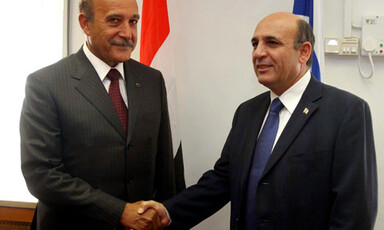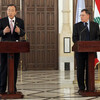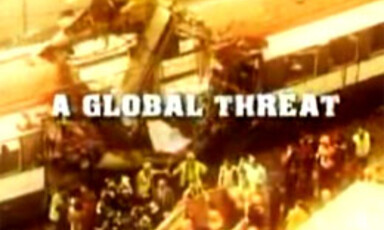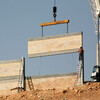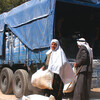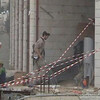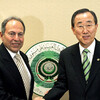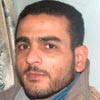
Testimony: A father and ill son from Gaza stranded in Egypt
2 April 2007
“I live with my wife and children in the al-Shabura refugee camp in the center of Rafah. I have two sons and two daughters, the eldest child is six and the youngest is one year old. I work as a traffic policeman in the Rafah Police Department and make NIS 1,940 a month. In January 2003, when my son ‘Ali was six months old, I noticed that he had problems hearing and that he was slow in his movements. I took him to the clinic of Dr. Nabil al-Barqoni, a private pediatrician. He conducted some tests and found that ‘Ali had an enlarged spleen and liver and a hearing deficiency.” Read more about Testimony: A father and ill son from Gaza stranded in Egypt

